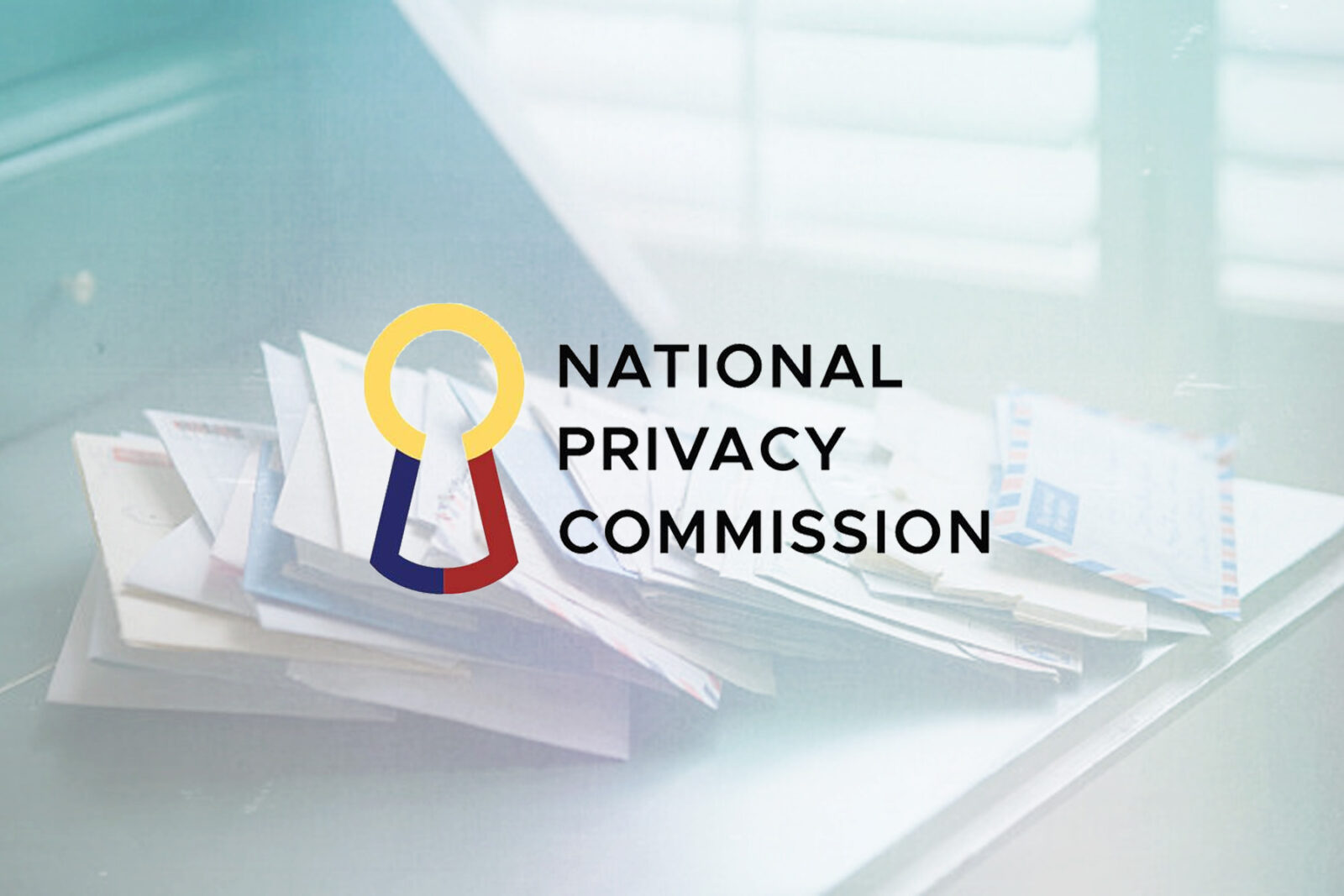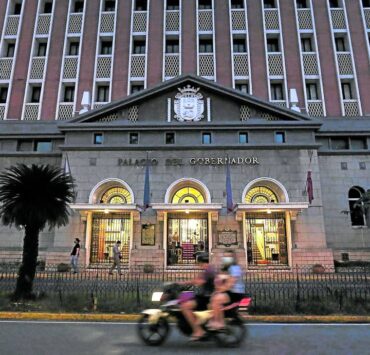NPC: Observe caution in handling of SALNs

The National Privacy Commission (NPC) warned that publishing some details in the statements of assets, liabilities and net worth (SALNs) of public officials may lead to possible violations of data privacy.
The NPC noted that the public’s right to transparency should be balanced with the SALN owner’s right to privacy—making the new Ombudsman rule of making SALNs more accessible still impeded by red tape.
In a public briefing aired on state-run PTV on Tuesday, NPC Deputy Commissioner Jose Amelito Belarmino II said there would be no data privacy issue if government officials themselves publicize their SALNs.
Journalists and the media publicizing the SALNs of public officials are also not covered by Republic Act No. 10173, or the Data Privacy Act (DPA) of 2012.
“However, there could be potential violations of the law if the information released is not aligned with the purpose of making the SALN public,” Belarmino said.
If journalists and other individuals wish to publish SALNs of public officers, they should redact sensitive personal information which are irrelevant to their request, he noted.
These include the official’s home address, as well as the birthdates of the official’s children and their age, especially if they are minors.
Caveats
“All of the personal information that will not be used for the intended purpose for accessing the SALN should be redacted because these could be used in different kinds of threats against the public officer, including cyber threats,” Belarmino explained.
But what if journalists need to access redacted information in the SALN? There are some caveats, according to the NPC official.
For example, if they need the TIN (tax identification number) of a public official to determine if it is the same with his declared TIN or for filing a case for a possible violation, then the agency which serves as the repository of the SALN, may provide the information by expunging the redaction.
“However, the person and organization granted access to that information must not make it public, since it is not something everyone needs to know,” Belarmino said.
“Instead, they can simply report or confirm, after the agency’s assessment, that the TIN declared in the SALN and the one issued by the BIR (Bureau of Internal Revenue) do not match. That is the proper way such situations should be handled,” he added.
According to Belarmino, the Office of the Ombudsman coordinated with the NPC to ensure that Ombudsman Jesus Crispin Remulla’s Memorandum Circular No. 3, which restores access to SALN, was compliant with the guidelines of the DPA and NPC.
“We support it because it truly promotes transparency in government and helps deter corruption among our public officials,” he said.
“But let us remember that our government officials, just like private individuals, do not lose their right to privacy,” the official added.
Belarmino warned that the access and publication of SALN for improper purposes are violations of the DPA. INQ
“This could include unauthorized processing and processing for an unauthorized purpose, or even negligence on the part of an agency that allows unauthorized access to a SALN,” he said.
Violators may be penalized with imprisonment ranging from six months to two years, and fines from P500,000 up to P4 million, depending on the nature of the offense.
Before former Ombudsman Samuel Martires issued a 2020 memorandum requiring notarized consent before any copy of SALN could be released, officials of the Duterte administration used the DPA to redact information on their SALNs.

















